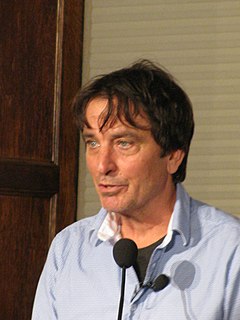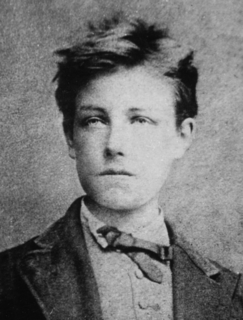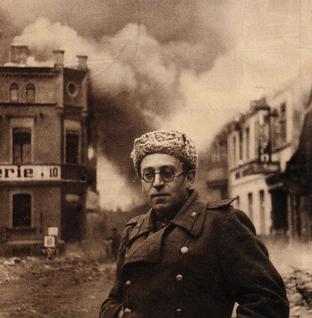A Quote by Stephen Spender
A poet has to adapt himself, more or less consciously,to the demands of his vocation, and hence the peculiarities of poets and the condition of inspiration which many people have said is near to madness... The problem of creative writing is essentially one of concentration... a focusing of the attention in a special way.
Related Quotes
One of the surest tests of the superiority or inferiority of a poet is the way in which a poet borrows. Immature poets imitate mature poets steal bad poets deface what they take and good poets make it into something better or at least something different. The good poet welds his theft into a whole of feeling which is unique utterly different than that from which it is torn the bad poet throws it into something which has no cohesion. A good poet will usually borrow from authors remote in time or alien in language or diverse in interest.
One of the appeals of William Carlos Williams to me is that he was many different kinds of poet. He tried out many different forms in his own way of, more or less, formlessness. He was also a poet who could be - he was a love poet, he was a poet of the natural order and he was also a political poet.
Any piece of knowledge which the pupil has himself acquired- any problem which he has himself solved, becomes, by virtue of the conquest, much more thoroughly his than it could else be. The preliminary activity of mind which his success implies, the concentration of thought necessary to it, and the excitement consequent on his triumph, conspire to register the facts in his memory in a way that no mere information heard from a teacher, or read in a schoolbook, can be registered.
Inspiration is not the exclusive privilege of poets or artists. There is, there has been, there will always be a certain group of people whom inspiration visits. It's made up of all those who've consciously chosen their calling and do their job with love and imagination. Difficulties and setbacks never quell their curiosity. A swarm of new questions emerges from every problem that they solve. Whatever inspiration is, it's born from a continuous 'I don't know.'
Of course, a psychologist would find it more direct to study the inspired poet. He would make concrete studies of inspiration in individual geniuses. But for all that, would he experience the phenomena of inspiration? His human documentation gathered from inspired poets could hardly be related, except from the exterior, in an ideal of objective observations. Comparison of inspired poets would soon make us lose sight of inspiration.
Writers, especially poets, are particularly prone to madness. There exists a striking association between creativity and manic depression. Why are more creative people prone to madness? They have more than average amounts of energies and abilities to see things in a fresh and original way—then because they also have depression, I think they’re more in touch with human suffering.
In eloquence, the great triumphs of the art are when the orator is lifted above himself; when consciously he makes himself the mere tongue of the occasion and the hour, and says what cannot but be said. Hence the term "abandonment" to describe the self- surrender of the orator. Not his will, but the principle on which he is horsed, the great connection and crisis of events, thunder in the ear of the crowd.
He was not such a special person. He loved to read very much, and also to write. He was a poet, and he exhibited me many of his poems. I remember many of them. They were silly, you could say, and about love. He was always in his room writing those things, and never with people. I used to tell him, What good is all that love doing on paper? I said, Let love write on you for a little. But he was so stubborn. Or perhaps he was only timid.
When we look at the arts and letters in America, especially if we look at poetry, and poetry set to music, this dialogue, we have this very powerful beautiful, eclectic, diary, or narration of being in America, being American, participating in America, becoming more of America and also as an American, the American creative spirit, which is quite interesting. Our composers and poets have spent more time writing and thinking and speaking out of what it means to be a composer or poet as well as to be an American, or a composer or poet In America; both relationships.
I think a good deal may be said to extenuate the fault of bad Poets. What we call a Genius, is hard to be distinguish'd by a man himself, from a strong inclination: and if his genius be ever so great, he can not at first discover it any other way, than by giving way to that prevalent propensity which renders him the more liable to be mistaken.
All people are special, and all moments are golden. There is no person and there is no time more special than another. Many people choose to believe that God communicates in special ways and only with special people. This removes the mass of the people from responsibility for hearing God's message, much less receiving it (which is another matter), and allows them to take someone else's word for everything.
Human groupings have one main purpose: to assert everyone’s right to be different, to be special, to think, feel and live in his or her own way. People join together in order to win or defend this right. But this is where a terrible, fateful error is born: the belief that these groupings in the name of a race, a God, a party or a State are the very purpose of life and not simply a means to an end. No! The only true and lasting meaning of the struggle for life lies in the individual, in his modest peculiarities and in his right to these peculiarities.







































